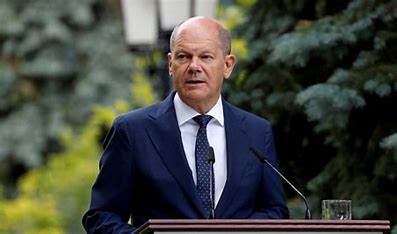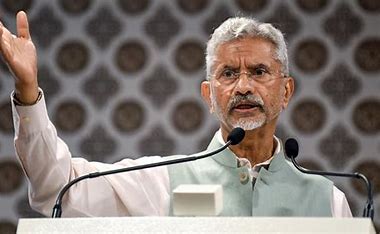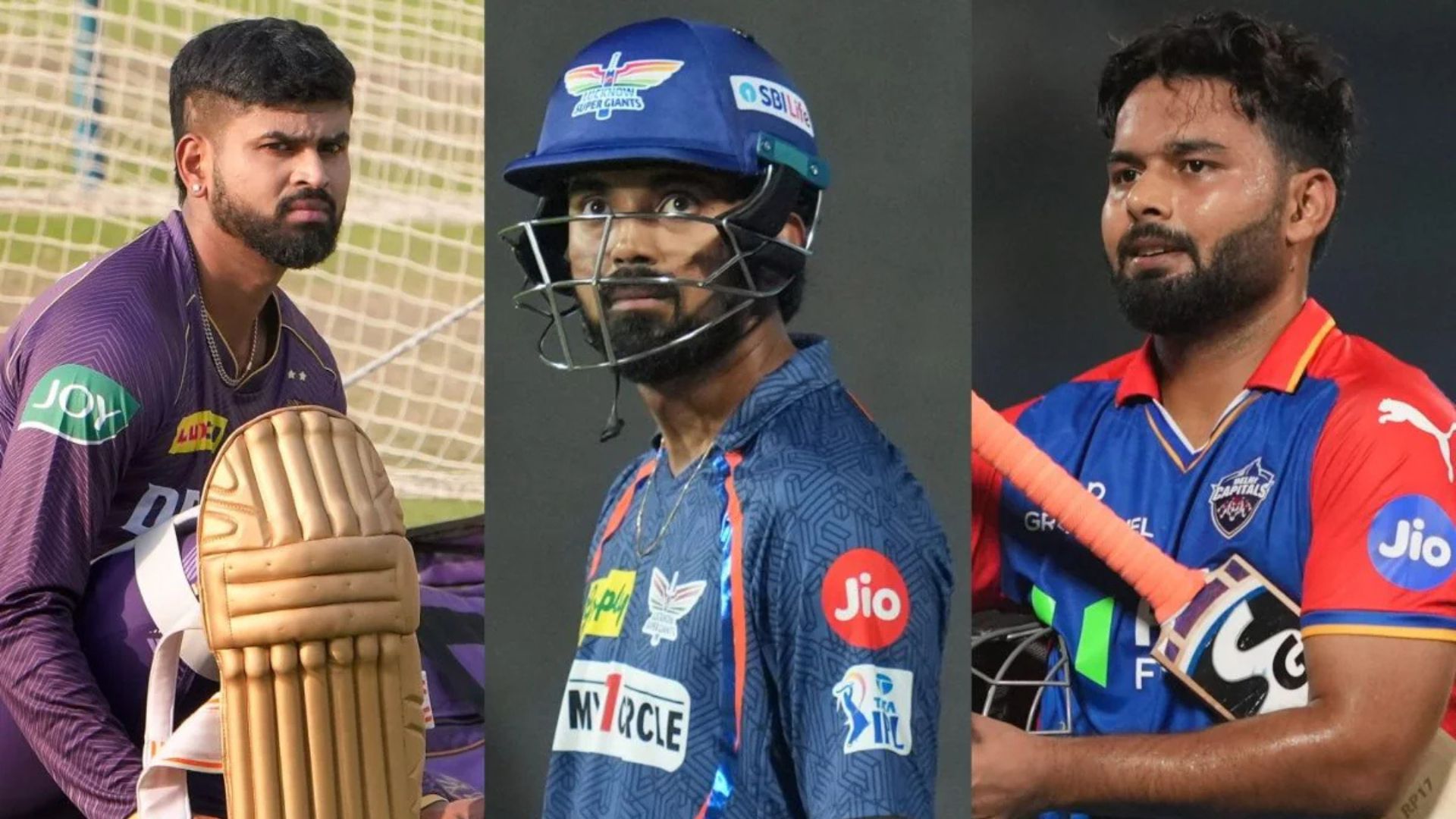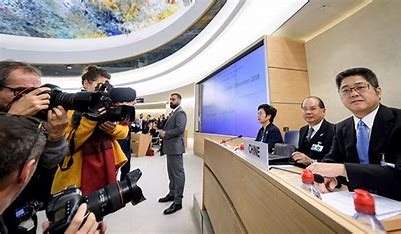
The issue of Pegasus spyware phone tapping has further snowballed into another controversy. The Opposition in Parliament has been persistently demanding discussion, which has been fuelled further by the suo motu statement of Ashwini Kumar, Minister for IT and Communications. The minister said the allegations levelled just ahead of Parliament session are aimed at maligning Indian democracy, and assured that with several checks and balances being in place, ‘any sort of illegal surveillance’ by unauthorised persons is not possible in India. So, the statement has made the demand for discussion all the more compellingly irresistible. A structured discussion in Parliament can take place on a substantive Motion drawn in proper terms or in the form of a Short Duration Discussion, and not on a ministerial statement, which is at best, a monologue.
The matter has escalated as some members of the Standing Committee on IT, headed by Dr Shashi Tharoor of the Congress party, objected to the Committee sitting convened on July 28, 2021 at 4 p.m.. The Committee was slated to examine Government witnesses on citizens’ data security and privacy in the context of Pegasus spyware phone tapping. The representatives of the ministries of Information Technology and Home Affairs were to reply to the questions over the alleged tapping of phones by the Pegasus spyware and Committee members would have sought details from the government officials. Israeli surveillance company, NSO Group, sells Pegasus spyware worldwide only with the approval of sovereign governments. In Greek legend, Pegasus was a winged horse. Bellerophon, a great Greek hero, rode Pegasus to fly to Mount Olympus. This act of hubris angered the gods who caused his fall bringing him misery in life.
There are three distinct aspects of the entire ballyhoo, which could have been avoided. First, had there been a structured discussion it would have taken wind out of the sail of the Opposition, and given opportunity to the Government to dispel misgivings and misapprehension. Not holding discussions in Parliament on such an emotive issue of personal freedom, the right to privacy and national security so persistently demanded by the Opposition— even by Nitish Kumar of JDU— a partner of the NDA, has only added fuel to the fire. Interestingly, France and Israel have started inquires into the Pegasus spyware. Second, why did the witnesses— the senior most officials of the Government— not attend the sitting. Certainly, it is a matter of gross contempt to the Committee and the Parliament. If a witness finds it really difficult to depose before a committee, he has to explain the exigency of the situation to the Chairperson and with his prior approval, he may be exempted from personal appearance, but has to draft his other senior colleagues to attend the sitting. There are instances when instead of the Secretary, the Additional Secretary or even a Joint Secretary, appeared before the committees. ND Tiwari, Chairman, exempted a Secretary from appearing before the PAC but other senior officers sat in the witness box to explain and respond to the queries of the committee members during the 13th Lok Sabha. Dr Murli Manohar Joshi, otherwise so stern, exempted the Health Secretary from personal appearance, and Additional Secretary deposed before the PAC during the 15th Lok Sabha.
There are instances, when such requests were turned down and the Secretary appeared before the committee, rescheduling his other engagements. A. R. Antulay, as Chairman, was so fastidious that he would turn down any such request if he sensed that the official was trying to play truant. Once, a minister wrote to him to exempt the secretary of his ministry from deposing before the Committee on Public Undertakings. He darted a crisp and tasty letter to the minister saying that, normally, it is the secretary who ‘deposes before a parliamentary committee but since you have requested to exempt him, I write to you to attend the Committee sitting’. The minister immediately asked the secretary to deal with such matters himself and not drag the minister.
In yet another case, a secretary rang up Antulay seeking exemption on the plea that his minister also wanted to see him at the same time. Antulay told him curtly, ‘tell your Minster that parliamentary work has precedence over the ministerial work.’ The secretary dutifully appeared before the Antulay committee as appointed. The sudden refusal of secretaries not to appear before the IT Committee, on the plea that they were preoccupied with other parliamentary work, is a specious argument, and without precedent.
The fact that the members of the ruling party came to the venue of the committee meeting and did not sign the attendance register to create the situation of want of quorum, is far from edifying and no such precedent is to be found in parliamentary history. Had the committee met, the committee could have taken a decision by majority vote not to hear the witnesses, as government has majority in all the committees. During the 15th Lok Sabha, when Dr Murli Manohar Joshi led PAC was examining allocation of 2G and 3G spectrum, despite the scathing report of the C&AG, the Government made every document available and all witnesses deposed before the committee. So much so, even Dr Man Mohan Singh wrote to Dr Joshi that he was willing to come before the committee, even though there was no such practice. The Congress had majority in the PAC but they did not stop witnesses from appearance before the committee. Of course, the Congress used their majority to torpedo the draft report.
When Dr Joshi sent the draft report to Speaker Meira Kumar, she sent it back with the observation that being unfinished work of the committee, it may be placed before the new PAC, which it was so done. It’s though another story that the new committee did not pursue the matter. Third, the notice of breach of privilege against Dr Shashi Tharoor, the Chairman, followed by a similar notice against the ruling party members by other committee members is unprecedented and against the bipartisan spirit of the committee system, which if not halted may sound the death knell of our time tested robust committee system. The Committees, generally regarded as apolitical and ‘high tribunal of Parliament’ for their well reasoned and well considered recommendations, bring ‘unity out of plurality’ and help the executive to take preventive and prophylactic action.
During the currency of Parliament, committees do meet before 11 a.m. if there is urgency, and largely meet after 3 p.m. to examine witnesses or to consider other matters before them. The notices of breach of privileges are wholly unwarranted and will eventually languish as the objective of parliamentary privilege is to safeguard the freedom of speech, the authority and dignity of Parliament, its Committees and members so as to secure their unhampered functioning.
The writer is an ex-Additional Secretary, Lok Sabha, and an author. Views expressed are personal.
Had there been a structured discussion it would have taken wind out of the sail of the Opposition, and given opportunity to the government to dispel misgivings and misapprehension. Not holding discussions in Parliament on such an emotive issue of personal freedom, the right to privacy and national security so persistently demanded by the Opposition— even by Nitish Kumar of JD(U)— a partner of the NDA, has only added fuel to the fire. Interestingly, France and Israel have started inquires into the Pegasus spyware.















